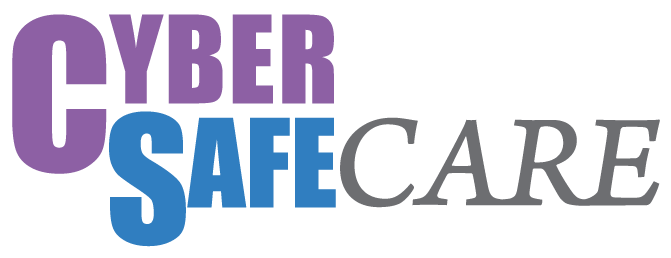Building Developmental Relationships From a Distance
Search Institute’s research is demonstrating that when young people experience developmental relationships with parents, educators, youth program staff, and other adults their outcomes are better, their risk behaviors are lower, and they are more likely to be on the path to thrive in life. Staff in schools and youth programs do not need to and should not stop seeking to build developmental relationships with young people while they are not with you. Every time you take one of the relationship-building steps below, place a check next to it and know that you have made a valuable contribution to helping young people be and become their best selves. ( Search Institute)
That’s Not Cool: Healthy and R espectful Relationships Online
espectful Relationships Online
Lesson plan for grades 7 and 8 focusing on relationship behaviours related to digital media (Media Smarts).
Healthy Relationships
Various resources related to healthy relationships, including a webinar and training module (PREVNet)
Healthy Youth Dating Relationships
The Healthy Youth Relationships program, including lesson packages for grades 7 through 12 (Canadian Red Cross)
Online Relationships: Respect and Consent
Lesson play for grades 9 to 12 that explores the concepts of respect and consent in respect to the online realm (Media Smarts)
Age of Consent: Young People, Sex, and the Law
The resource details what youth on Prince Edward Island need to know about consent and the law (Community Legal Information)
Student Well-Being Teams
Student well-being teams work in PEI schools advising, consulting, and provide service to children and youth struggling with mental, social, and physical health issues (Department of Education and Lifelong Learning)
